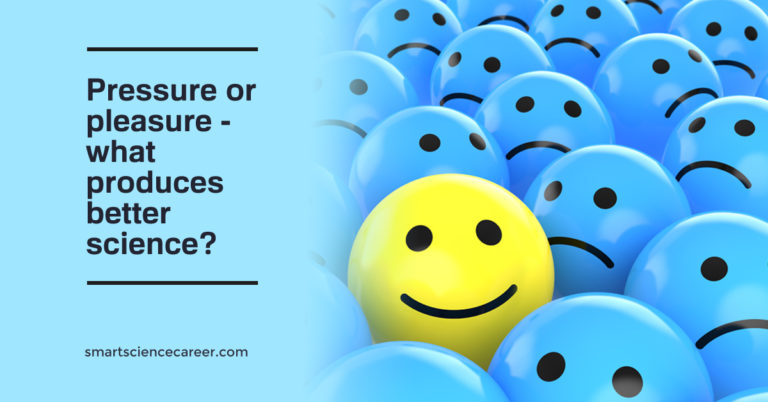Is being a professor worth it?
Being a professor is amazing because of the intellectual fulfillment derived from research and teaching, the societal impact, and academic freedom. However, the journey to a professorship may strain your personal life and finances because it is hard work, the academic job market is competitive, and it takes a long time to get a tenure-track position.










